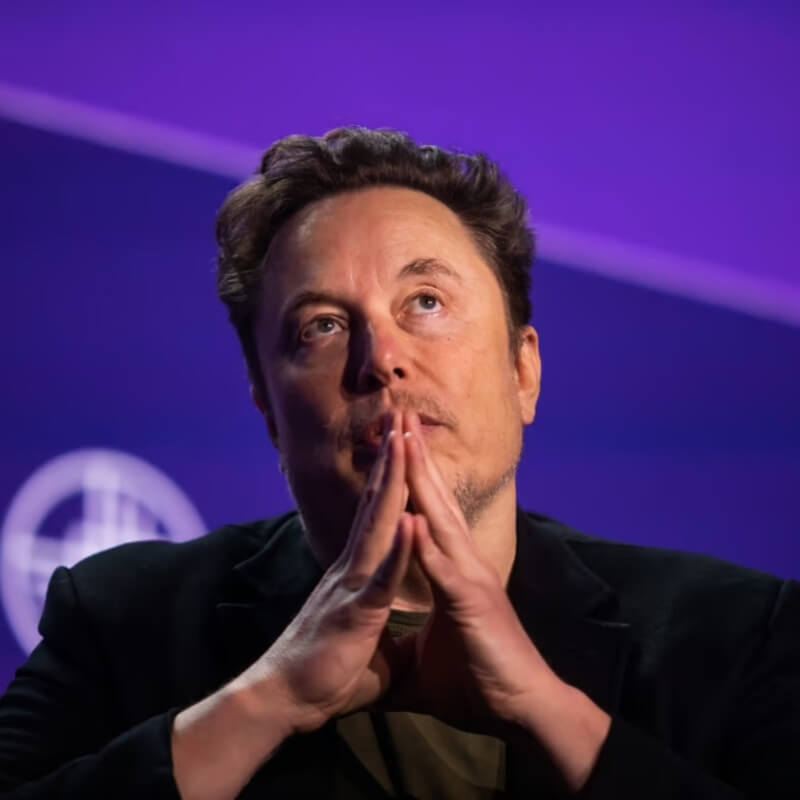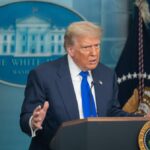When Elon Musk says “the point of freedom of speech is allowing those whose views you disagree with to express those views,” users and governments on X (formerly Twitter) should be thrilled. But unfortunately, we do not live in a world where what Elon says goes, regardless of how often he says it. Musk’s recent feud with Brazilian Justice Moraes set the stage for yet another debate on the limitations of the Musk rendition of ‘freedom of speech.’
He should be impeached for violating his oath of office https://t.co/ckWICyeGZX
— Elon Musk (@elonmusk) September 2, 2024
The Brazil ban
On 31st August, Justice Alexandre Moraes ordered the “immediate and complete suspension” of X in Brazil “until it complied with all court orders and paid existing fines.” The court orders and fines in question date back to April 2024, when Judge Moraes first issued the suspension of over a dozen accounts for “allegedly spreading disinformation.” Judge Moraes accused accounts supporting former right-wing president Jair Bolsonaro of spreading disinformation and ordered their removal from a platform that caught the attention of at least a 10th of the nation’s 200 million inhabitants.
People like Ana are great https://t.co/CkNRX6U7Lx
— Elon Musk (@elonmusk) September 2, 2024
When Musk refused to comply with court orders, multiple fines followed. But Musk remained resilient and sought the support of Brazilian critics in accusing Judge Moraes of being left-wing. The official judge’s order stated that the ban will remain “until X names a new legal representative in the country and pays fines for violating Brazilian law.” In typical Musk fashion, the tech tycoon took to X to express his perspective on these illegal orders that will compromise every Brazilian’s “freedom of speech.”
Judge Moraes also warned citizens and businesses who intend to use virtual private networks to access X of a R$50,000 fine. Simultaneously, the bank accounts of Musk’s satellite internet firm Starlink were also frozen by virtue of a Supreme Court order issued earlier in August. Judge Moraes gained a reputation in Brazil after issuing landmark “decisions to restrict social media platforms,” according to the BBC. He has previously investigated Jair Bolsonaro and his supporters for their roles in an alleged attempted coup on 8 January 2024.
Elon Musk’s take on freedom of speech
Statements like “the choice is to have Twitter throttled in its entirety or limit access to some tweets” by Musk are a dime a dozen in his well-stacked arsenal of comebacks against world governments that threaten the sanctity of free speech on X. In the case of the Brazil ban, Musk has vehemently retaliated against Judge Moraes for issuing “censorship orders.” Musk continued to explain in the same X thread that “free speech is the bedrock of democracy, and an unelected pseudo-judge in Brazil is destroying it for political purposes.”
As a spectator on social media, it is natural to see merit in Musk’s arguments against the Brazilian government. Until Musk’s hypocritical take on free speech resurfaces in the light of day. The Brazil ban is not an isolated event. In 2020, X was urged by the Indian government to filter harsh criticisms against the ruling party’s efforts to quell nationwide celebrity protests. Turkey approached X with a similar request in 2023 to ease the outpour of civilian criticism against the government ahead of federal polls. These requests were later compiled by X on the platform to strengthen its stance as the flag bearer of free speech online.
But Elon Musk is a self-proclaimed “free speech absolutist” with biased fine print in place. Days after acquiring Twitter in 2022, Elon famously hired a team to “comb through Slack and social media postings” to identify employees that may be untrustworthy or disloyal to him, according to Walter Isaacson’s biography of the billionaire. Bloomberg revealed that select staffers searched communications for keywords such as “Elon” and used the results to create a list of people making “snarky comments.” These employees were immediately terminated.
Dear Twitter Advertisers pic.twitter.com/GMwHmInPAS
— Elon Musk (@elonmusk) October 27, 2022
Elon cemented his role as the guardian of free speech in a lawsuit against California’s law “aimed at exposing sources of hate speech,” accusing the legal framework of “interfering with the social network’s editorial judgment.” Once again, the list of Musk’s convenient follies is exhaustive.






